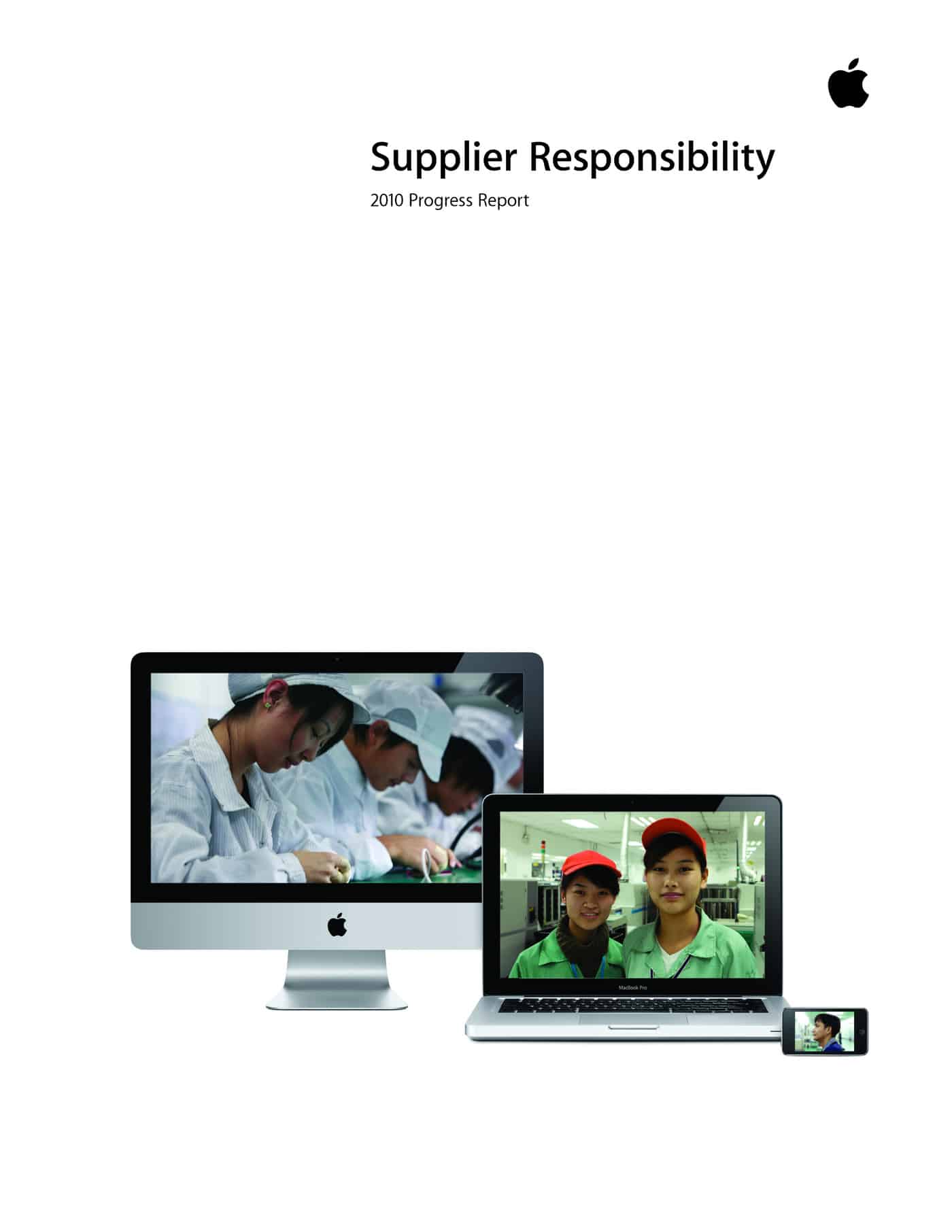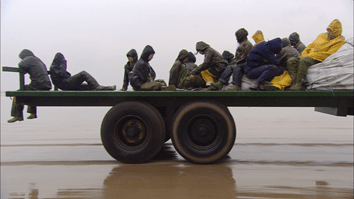On 27 May 2010, a worker at the Foxconn factory in died from overwork, according to a statement released on 4 June 2010 by SACOM. This coincides with a statement by Hon Hai Precision Industry on 6 June 2002, Hon Hai owns the Foxconn facility in Shenzhen.
The SACOM statement reports:
“Yan Li, 27, is the latest victim of Foxconn, the manufacturer of iPads and other high-tech items that has experienced a recent rash of worker suicides. He collapsed and died from exhaustion on 27 May after having worked continuously for 34 hours. His wife said Yan had been on the night shift for a month and in that time had worked overtime every night…”
There is clearly something structurally wrong with the working hours basis of the Foxconn factory. Foxconn is a contractor or supplier of high-tech devices to major Western corporations who claim to have stringent oversight regimes.
The Wall Street Journal (WSJ) (not available online except for iPad users) reports the 4 June Hon Hai statement in which wage increases are announced with the intention of improving worker health or, in Western terms, work-life balance. Continue reading “Foxconn worker dies of exhaustion – focus on working hours”

 Apple has addressed some child labour concerns in several Chinese factories that manufacturer its products – the good news. The bad news is that children were allowed to work in these factories in the first place.
Apple has addressed some child labour concerns in several Chinese factories that manufacturer its products – the good news. The bad news is that children were allowed to work in these factories in the first place.